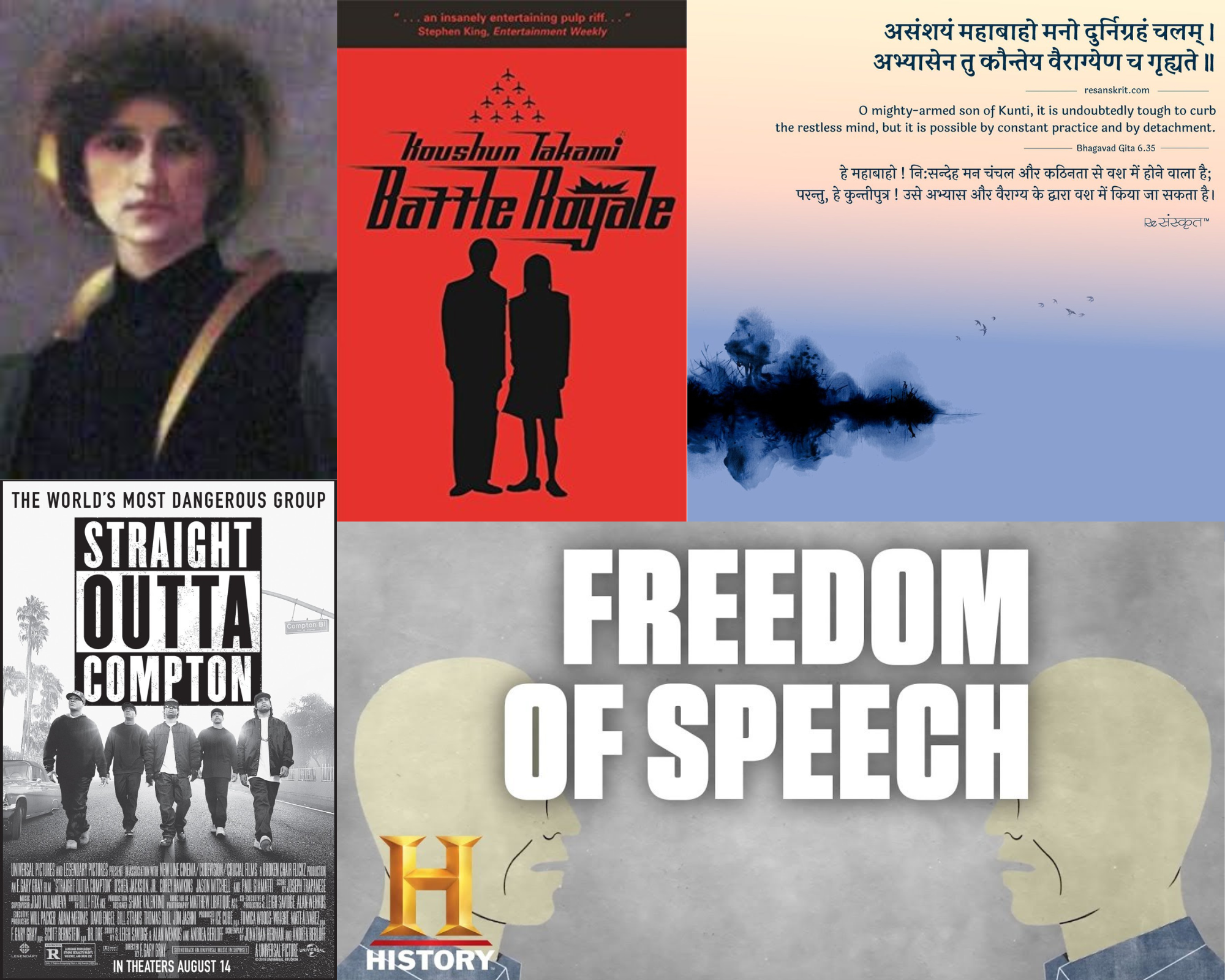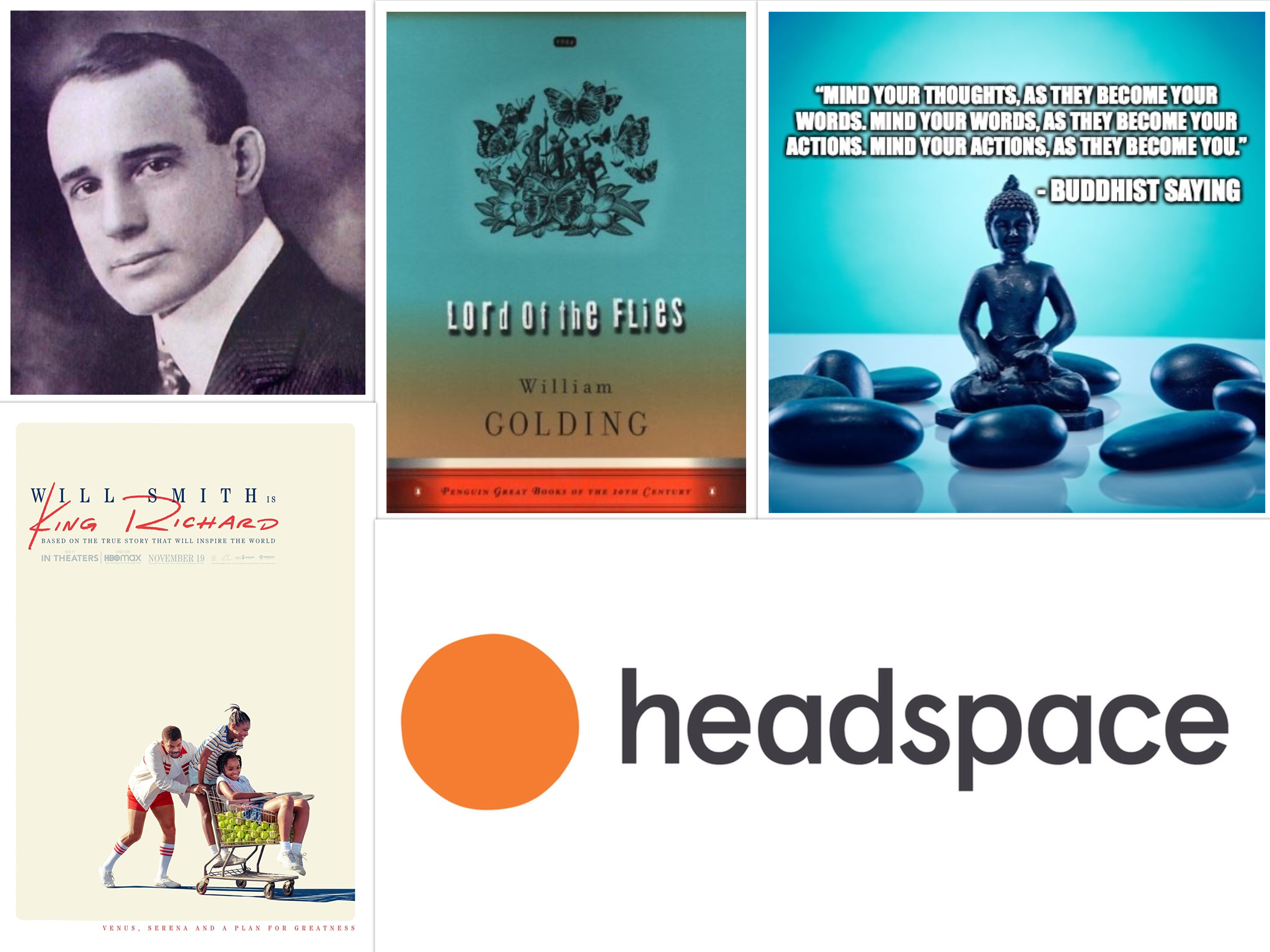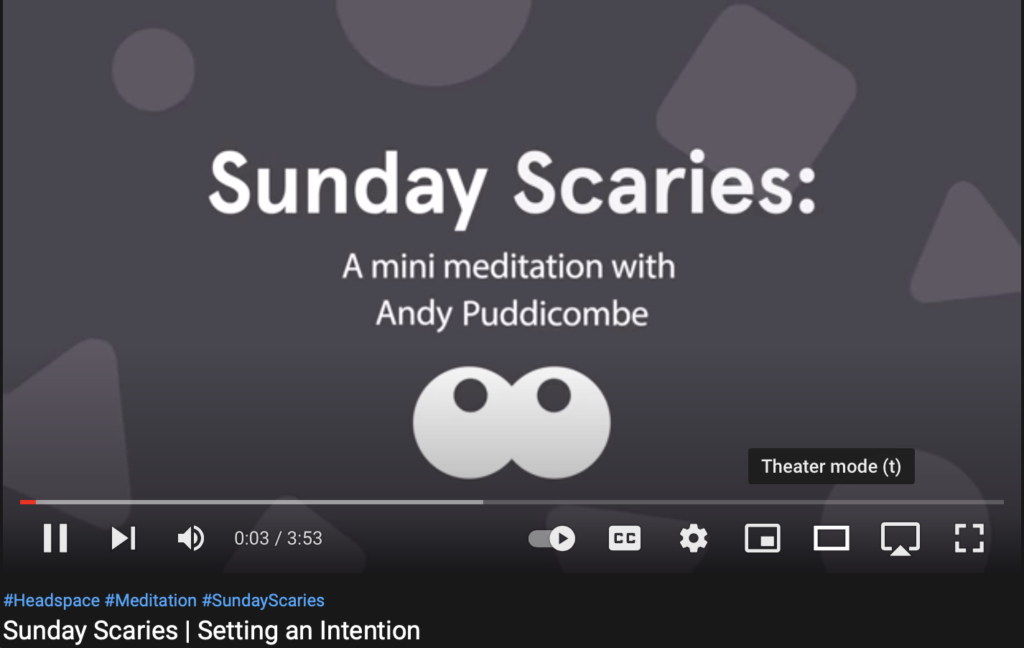Sunday Supplement #68 (August 28th, 2022)
Below is another Sunday Supplement with a quote worth sharing, a book worth reading, a movie worth watching, brainfood worth consuming, and a spiritual passage worth pondering.
I hope you take something away from the recommendations that enriches your week ahead!
Quote of the Week:
“I may not agree with what you have to say, but I will defend to the death your right to say it.”
– Evelyn Beatrice Hall (Voltaire)
Book of the Week:
Battle Royale – Koshun Takami
Koshun Takami’s first novel, Battle Royale, tells the story of a class of junior high school students who are forced to fight each other to the death on a deserted island.
The students make up one of fifty random classes selected each year by the fictional racist government known as the Republic of Greater East Asia.
This novel isn’t one I recommend lightly. Controversy and acclaim followed the novel’s publishing in Japan and its subsequent film and manga adaptations.
The book contains many acts of violence and isn’t a story that should be consumed on a whim. However, I think the novel has many valuable facets.
I highlight Battle Royale because of the quality of the writing and storytelling and its exploration of the themes of totalitarianism, courage, and friendship.
Much like William Golding’s Lord of the Flies, which I featured in Sunday Supplement #41, Battle Royale pushes boundaries in thought-provoking ways and is worth checking out.
Movie of the Week:
F. Gary Gray’s historical drama Straight Outta Compton covers the genesis of the rap group N.W.A. and the controversy around the group.
The rap group’s music changed the hip-hop world and became a mainstream phenomenon that received heavy criticism.
Straight Outta Compton does an excellent job telling the stories of the members of N.W.A, their personal and public struggles, and why their story is important.
When looking back on the music from the rap group, there are plenty of criticisms to be made, particularly around the treatment of women.
However, the group was pivotal in bringing marginalized voices to mainstream attention. And just because some didn’t like the music doesn’t mean they should be silenced.
Censorship of music isn’t a new phenomenon, but Straight Outta Compton does an excellent job of capturing an important part of its history.
Brainfood of the Week:

What Does “Freedom of Speech” Mean in the U.S.? | The History Channel
This short clip from The History Channel breaks down free speech, how it factors into the U.S. Constitution, and the limitations and protections of free speech in the U.S.
The video starts with the Bill of Rights and how the First Amendment guarantees freedom of press, protest, religion, assembly, and speech.
As the video addresses each question around free speech, it shows how much history the Constitutional right has over the years.
From the inception of the idea of free speech in the Constitution via Cato’s Letters to rulings on fighting words in 1942, there is much information in this three-minute video.
This is my first time highlighting The History Channel (YouTube page) in a Sunday Supplement, but I’m looking forward to delving into their catalog.
Closing Spiritual Passage:
“The mind is indeed very difficult to restrain. But by practice and detachment, it can be controlled.”
– Bhagavad Gita 6:35
This passage of the Bhagavad Gita reminds me not to lose control of my thoughts. The Robin Sharma quote, “The mind is a wonderful servant, but a terrible master,” comes to mind.
It is easy to get lost in our thoughts and let negative emotions control how we view ourselves, others, and the world around us.
The Bhagavad Gita passage alludes to the ability to control our minds and how we think.
Practicing mindfulness is one of the best ways to combat stray thoughts and negative thinking patterns. Awareness of our thoughts is one of the best ways to start.
No outside influence should dictate how we think or feel without our permission.
The quote from the beginning of the post coincides with this passage in how we ultimately can choose not to listen to others but should never silence them.
Practice awareness of your thoughts, and have a blessed week ahead!
Comments closed

